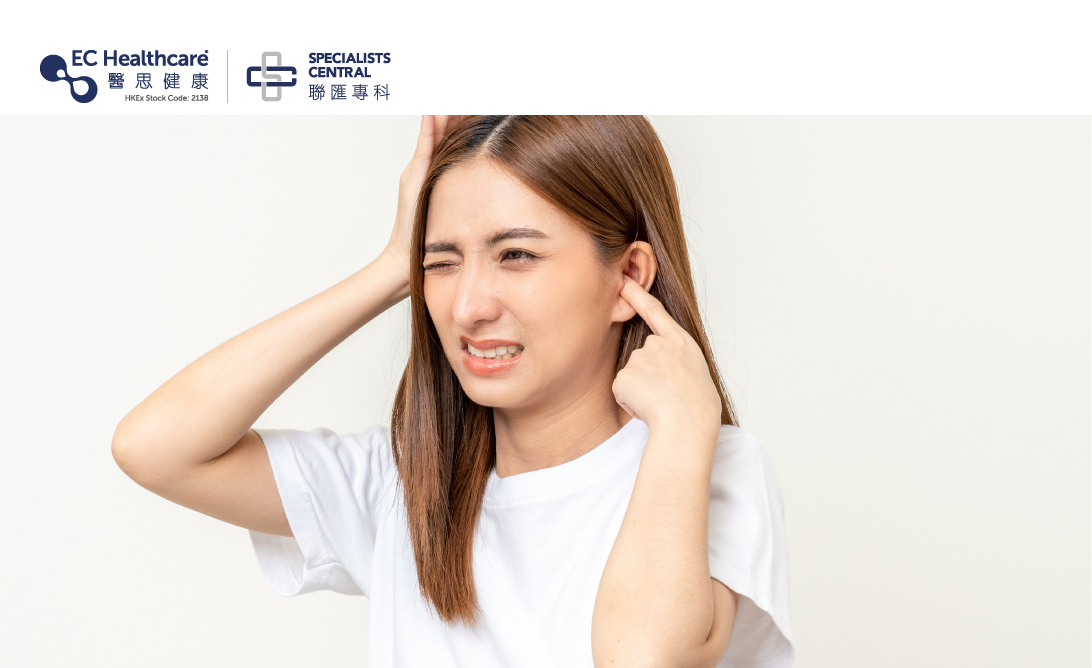Flying with Tinnitus?


Travelling by plane is a ubiquitous aspect of modern life, whether for business or leisure. But have you ever experienced the discomfort of ear ringing during a flight? It’s common and can be very uncomfortable and even painful for some people. This problem is actually caused by aerotitis media.

What is aerotitis media?
Aerotitis media is a type of otitis media caused by changes in altitude and pressure during take-off and landing. When the air pressure changes when an aeroplane climbs or descends, the air in the air-filled cavities will expand or contract accordingly. Generally, if your eustachian tube has good ventilation function, your body will balance the pressure inside and outside the eardrum by regulating the eustachian tube during take-off and landing, while techniques like yawning and chewing gum also help. In this way, you’ll only experience a feeling of fullness in the ear or mild hearing impairment, but this won’t cause damage to the ear. If the ear pressure is not equalised timely, barotrauma will occur. It’s a general term for various syndromes, and the one affecting the middle ear is called aerotitis media.
Aerotitis media can also be caused by scuba diving, working in a low-pressure cabin or hyperbaric oxygen therapy. Plus, when you have a cold, allergies, or other respiratory diseases, your nose and throat may become congested. This can also affect the function of your eustachian tube and lead to aerotitis media.
Common symptoms of aerotitis media include:
-Fullness in the ear
-Ringing in the ear
-Earache
-Hearing loss
-Headache
-Dizziness
-Fever
-Nausea
-Vomiting
Treatment and prevention of aerotitis media
The above symptoms may last for several hours or days and may affect hearing ability in severe cases. So, you should treat aerotitis media as early as possible. During take-off and landing of the aeroplane, you can try swallowing, chewing gum and yawning to help equalize the ear pressure.
If the symptoms persist, you can forcefully exhale while pinching your nostrils and closing your mouth to open the eustachian tube and force airflow into the middle ear. This can relieve symptoms such as fullness, ringing and pain in the ear. If you have a cold or abnormal eustachian tube function, you should wear pressure-reducing earplugs during a flight to alleviate the pressure changes during ascent and descent.
Although aerotitis media is a common discomfort when flying, it’s actually possible to reduce or avoid its adverse effects through proper prevention and relief methods. If you experience persistent tinnitus, you should consult a doctor as soon as possible for proper treatment. Meanwhile, maintaining a healthy lifestyle and good health status can also better prepare you for dealing with any health issues that may arise when flying.









